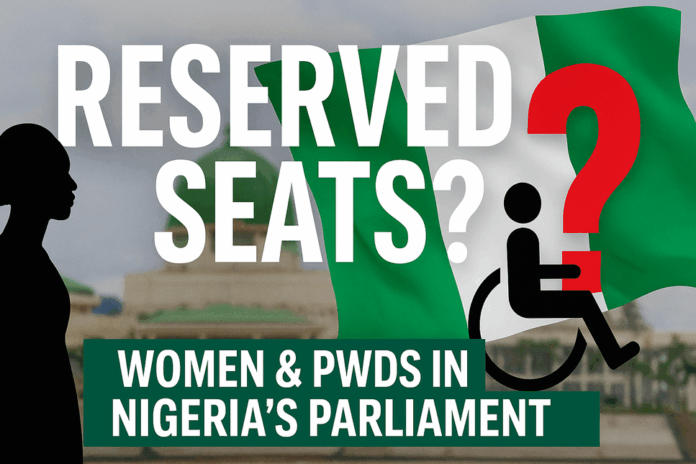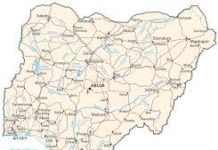Across the world, countries are experimenting with inclusive democracy by reserving parliamentary seats for women, people with disabilities, and marginalized groups. Now, Nigeria is revisiting this important debate as the National Assembly considers a bill that proposes 82 reserved seats — 55 in the House of Representatives and 27 in the Senate.
In this episode of The Other Side, Rimamnde Shawulu unpacks the debate:
• Why has Nigeria failed to pass this bill in the past?
• How would elections for special seats be conducted?
• Which groups and regions would benefit?
• How could this reform deepen democracy and women’s political participation?
Historical Context .
This is not Nigeria’s first attempt. Since 2007, constitutional debates and gender policies have proposed 30–35% affirmative action for women in governance. Despite advocacy from gender activists, political resistance, cultural factors, and lack of political will have stalled progress.
Protests like #OccupyNASS showed how strongly Nigerian women demand representation, yet multiple gender bills have been rejected. Global Comparisons Nigeria is not alone in this journey.
Many countries have reserved seats or quota systems:
• Rwanda: At least 30% of Senate seats and 24 seats in the Chamber of Deputies are reserved for women.
• Uganda: One parliamentary seat per district is reserved for women, alongside youth and disability representation.
• Tanzania: Over 20% of parliamentary seats are constitutionally reserved for women.
• Pakistan & Bangladesh: Significant proportions of seats are allocated to women through party-list proportional representation.
• India: A 2023 law reserves 33% of seats for women, effective 2029.
• Jordan, Taiwan, and the Philippines also provide reserved seats for women, indigenous peoples, and other marginalized groups.
Why It Matters for Nigeria Women currently make up less than 5% of the National Assembly, one of the lowest in Africa. Without structural reforms, Nigeria risks leaving half of its population without a voice in lawmaking.
Advocates argue that special seats would:
• Improve inclusion in governance.
• Ensure diverse voices in policymaking.
• Strengthen democracy by reducing systemic exclusion.
However, critics argue that quotas could undermine meritocracy, clash with cultural traditions, or deepen political divides.
As Nigeria’s 10th National Assembly considers constitutional reforms, the nation faces a defining choice: Will it embrace inclusivity like Rwanda and Uganda, or will the bill fail again?
Watch this deep dive to understand the stakes, the history, and the global lessons Nigeria can learn as it debates reserved seats for women and persons with disabilities.
Subscribe to Ndeya Live for weekly insights on Nigeria’s politics, security, and democracy.
#NigeriaPolitics #WomenInPolitics #GenderEquality #DemocracyInNigeria #ReservedSeats #Inclusion #NationalAssembly #TheOtherSide
Click here to buy a Hardcopy or read online https://www.amazon.com/STORY-SAWABA-RIMAMNDE-SHAWULU-KWEWUM/dp/B08T48J77G/ref=sr_1_4?crid=3VXW74ICG4INB&dib=eyJ2IjoiMSJ9.LAjYRB7C5MAfUolpJFZL8cHO_dEn469XcNkO5ZEUXxpaCg_S0w8DZ0z0X0AVFVCb.BIrgGyvADSCakOPTY09vWBpjLJLTeQCiZaH6IOX4s9E&dib_tag=se&keywords=rimamnde+shawulu+kwewum&qid=1755420545&sprefix=Rimamnde%2Caps%2C368&sr=8-4
Join this channel to get access to perks: https://www.youtube.com/channel/UC0F3fBLsmMzNsCjtyDcT1rQ/join










